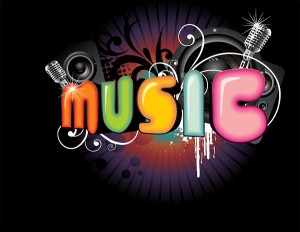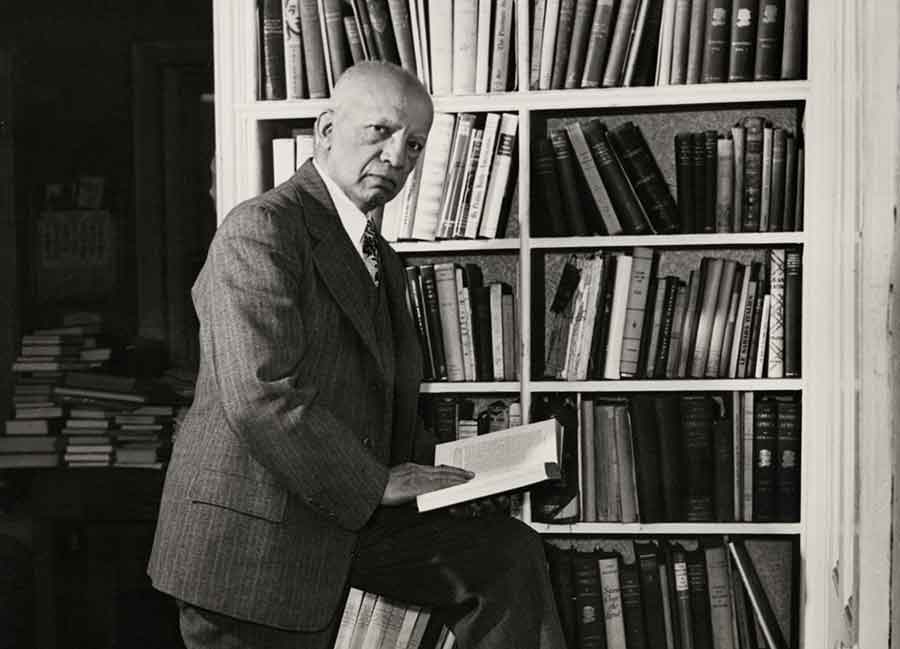(ThyBlackMan.com) I was driving down Addison Avenue, in the early 2000s, on my way to a Cubs game when I heard an esoteric song blaring from a car near me. An adept Chicago driver, I wove my way down the narrow road (always signaling) to place myself right next to the car at a stop light. “Jisas Yu Holem Hand Blong Mi” sung by The Choir of All Saints played briefly near the beginning of Terrence Malick’s film, “The Thin Red Line.” I love the simple song, and met disappointment that it did not appear on the movie soundtrack. I tapped my horn twice to get the driver’s attention, and asked the affable, young man where on Earth he found it.
The Internet wasn’t then what it is today, and in spite of my frequenting eclectic music stores, I could never track down this song. I didn’t know what it was called. I didn’t know who sung it. I didn’t know the words. I didn’t know what language it was sung in. All I knew was that it was sung by a group of stone-aged islanders at the beginning of an artsy movie. The driver was surprised that I was so interested in the song, and he took the CD from his stereo and just gave it to me. He said he had it on his computer at home, so my refusals were futile. What little I can remember about his physical appearance fades as I age, but my gratitude for his kindness does not.
I still have the CD–a stranger’s mix tape–a compilation of popular songs with this strange, previously nameless, gem embedded within. By complete coincidence, I heard an obscure song–not even 2 minutes long–for which I had been hunting for years. Had I left my  home 2 minutes earlier or later, I would never have heard it, and may even be still hunting for it today. The profundity of the coincidence continues to amaze me. Even more, though, I’m struck by how lucky I am to live in this modern era.
home 2 minutes earlier or later, I would never have heard it, and may even be still hunting for it today. The profundity of the coincidence continues to amaze me. Even more, though, I’m struck by how lucky I am to live in this modern era.
It’s easy to underestimate how bad most of humanity had it in terms of hearing music on demand. Before the late 19th Century, for example, everyone who heard music heard it live because there were no recording devices. Despite the heroic efforts of ethnomusicologists like Alan Lomax, therefore, most of the music ever made in the world has been lost forever. Songs that my great grandmother sang to my grandmother disappeared when either one of them forgot the words or the melody. Cultures in which music was not transcribed into notes lost even more than cultures that enjoyed a transcription method. Hunting this elusive song connected me, however superficially, to most of history’s music lovers. But then; technology, good-will, and Fate; rescued me, and reunited me with a song that I could only whistle, or hear when watching the movie.
Today, more than a decade later, I find myself in a similar situation–looking for an esoteric song while armed with technology unavailable to my ancestors: I heard this song on a YouTube video about gardening. As it happens, the video wasn’t what I was looking for, but I liked the song, so I recorded the video’s audio so that I would always have it. I asked the uploader for the song’s title, but he never returned my inquiry. Armed with Shazaam, a mobile app that identifies songs played into a smart phone, I tried to answer my own question. Unfortunately, Shazaam had no idea what the song was. There are no words, so I cannot perform a Google search of a verse or a chorus. I have no idea where the song is from, or who made it.
Unlike before, I can find satisfaction in the fact that I have a recording of this rare song. However, if I lose the CD with the mp3, or if something happens to my cloud storage provider, I will once again join history’s unfortunate music lovers. The song will be lost forever–at least, until I forget how it goes.
Written By Joseph Hunter
Official website; http://www.blkandred.com/
For more thought provoking articles visit; HipHopRepublican.com.
Also connect with them via twitter; http://twitter.com/HHR

















Leave a Reply